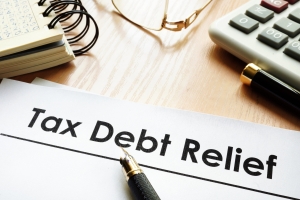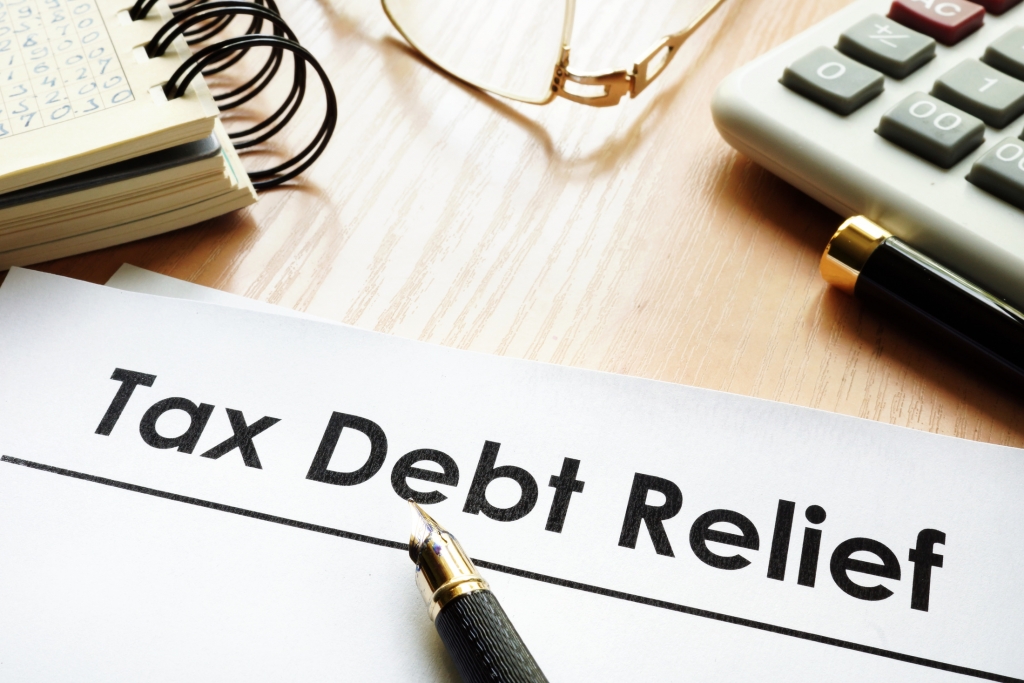Does Bankruptcy Discharge Arizona State Tax Debt?
Arizona residents have to deal with an array of state taxes. These include a 37.3 percent property tax, a 12.3 percent income tax, sales and gross receipt taxes, as well as a corporate income tax. When a person finds themselves incapable of paying state taxes, debt will accumulate. If you’re considering a bankruptcy filing, you already know that some types of tax debt can be discharged. Does this apply to the Arizona state tax debt? The answer depends on the circumstances. Your tax debt will have to meet a number of conditions in order to become dischargeable.
Income Tax Debt Discharging
Income taxes could potentially be discharged in a bankruptcy if several conditions are met. The most important ones include:
- The debt has to be at least three years old
- You filed returns for the debt at least two years before filing for bankruptcy
- At least 240 days have passed since the IRS assessed the taxes
Because of the terms linked to each of the conditions, the qualification requirements are often called the 3-2-240 rule.
Keep in mind that if you get an extension, it will have to be taken in consideration when the three-year period is determined. A person that gets an extension to file for their 2015 taxes, for example, will have to count three years from the date on which the extension ends.
Income-based tax debt can be discharged through a Chapter 7 bankruptcy filing. The situation for property taxes, however, is somewhat different.
Discharging Your Arizona Property Taxes
Tax liens, also known as secured taxes, cannot be discharged via bankruptcy. The rule applies to tax liens that are recorded before the bankruptcy filing.
What does this mean for you? Even if you haven’t accumulated debt, you will still have to pay your tax liens following the bankruptcy proceedings and the discharge.
Property taxes and property tax debt cannot be wiped out in a Chapter 7 Arizona bankruptcy proceeding. Once again, this applies to the amounts accumulated prior to the filing (within the previous one year). Older property taxes that were payable more than one year before the filing could eventually be discharged. For the purpose, you’ll need to consult an experienced bankruptcy attorney who will give you a better idea about the options ahead of you.
An exception to this basic rule applies to several counties in Arizona.
Residents of these counties have a lien attached to the property following the tax assessment. A lien for the property tax necessitates payment of the outstanding taxes even after the Chapter 7 bankruptcy discharge has occurred.
Arizona State Tax Debt and Chapter 13 Bankruptcy
Chapter 7 and Chapter 13 bankruptcy proceedings are very different from each other. If you only qualify for Chapter 13 bankruptcy, you should keep in mind that you’ll still have to pay most of your state tax debt.
Under the Chapter 13 filing conditions, you will be provided with a repayment plan. The plan will be valid for a period ranging from three to five years, making the debtor repay a certain amount to creditors. Tax debt could potentially be included in the calculation, especially if it’s being categorized as priority debt by the bankruptcy trustee.
 Priority debt (secured) is the one that will have to be paid off first. Upon the expiration of the repayment plan, the rest of the debt will be discharged.
Priority debt (secured) is the one that will have to be paid off first. Upon the expiration of the repayment plan, the rest of the debt will be discharged.
Nonpriority tax debt is bulked up with other unsecured debts like credit card debt. If you manage to pay off the priority debt, you will also have to make some repayment of non-priority debt by the end of the Chapter 13 bankruptcy proceedings.
Many people owe state taxes and they’re looking for a way out of the situation. There are options you can make use of in such situations. Talk to an attorney to examine the nature of your Arizona state tax debt and whether it would be impacted by bankruptcy. Based on this analysis, you will get a better idea if Chapter 7 or Chapter 13 bankruptcies will help you improve your financial situation.





